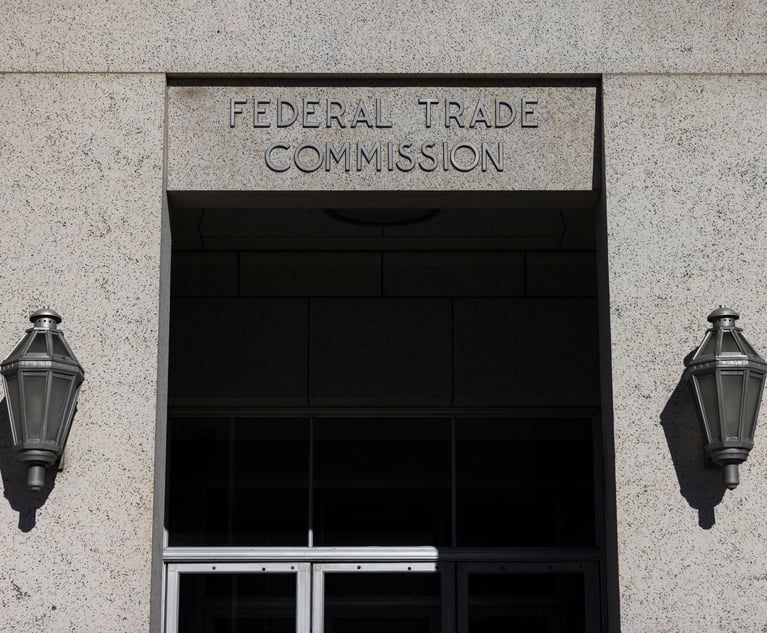The state legislature’s recent passage of “Clean Slate” legislation has focused attention on the need to provide a “second chance” to those convicted both of federal crimes, and who have demonstrated that they have undertaken commendable initiatives to rehabilitate themselves. Earned amnesty for those who have fully paid their debt to society is long overdue, and is consistent with our traditions which recognize the value and need for individual atonement.
Although U.S. District Court judges are vested with both great power, and vast judicial discretion, they do not have the “inherent power” to expunge (or seal) a prior federal conviction. Thus, in United States v. Doe, 935 F. Supp. 478 (S.D.N.Y. 1996), then-U.S. District Judge Denny Chin of the Southern District of New York, after finding the existence of “exceptional circumstances,” expunged a conviction involving a defendant who pleaded guilty to multiple counts of making false statements to the Social Security Administration (SSA).
This content has been archived. It is available through our partners, LexisNexis® and Bloomberg Law.
To view this content, please continue to their sites.
Not a Lexis Subscriber?
Subscribe Now
Not a Bloomberg Law Subscriber?
Subscribe Now
LexisNexis® and Bloomberg Law are third party online distributors of the broad collection of current and archived versions of ALM's legal news publications. LexisNexis® and Bloomberg Law customers are able to access and use ALM's content, including content from the National Law Journal, The American Lawyer, Legaltech News, The New York Law Journal, and Corporate Counsel, as well as other sources of legal information.
For questions call 1-877-256-2472 or contact us at [email protected]







